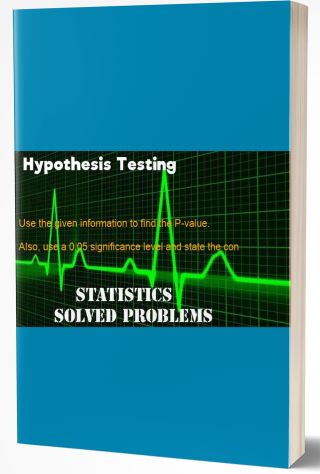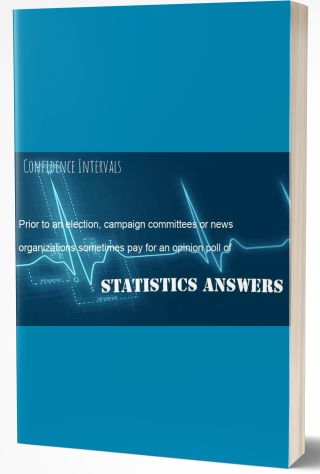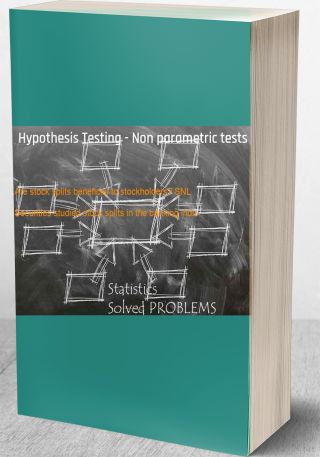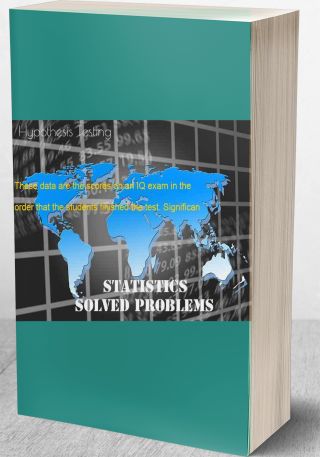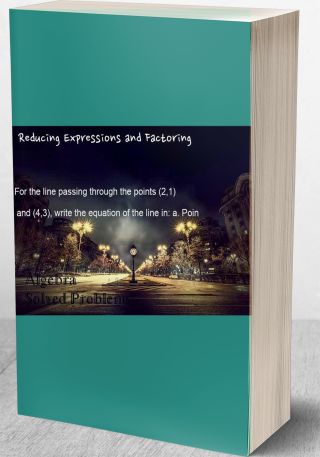Statistical Concepts Exercise #3 in chapter 21 (pg. 494) You obtain the following regression stati
Question: Statistical Concepts Exercise #3 in chapter 21 (pg. 494)
You obtain the following regression statistics for the relationship between defect rate and volume at one of your plants. You have a random sample of the results from 160 shifts at the plant.
| Model | R | R Square | Adjusted R Square | Std. Error of the estimate | ||||||||||||||||||||
| 1 | .740 | .548 | .545 | 4.92 | ||||||||||||||||||||
| Model | Sum of Squares | Df | Mean Square | F | Sig. | |||||||||||||||||||
| 1 | Regression Residual Total | 4647.124 3829.839 8476.963 | 1 158 159 | 4647.124 24.239 | 191.717 | .000 | ||||||||||||||||||
| Model | Un-standardized Coefficients | Standardized Coefficients | t | Sig. | ||||||||||||||||||||
| 1 | B | Std. Error | Beta | |||||||||||||||||||||
| (Constant) VOLUME | -97.073 | 7.819 .002 | 740 | 50.995 13.846 | .000 .000 | |||||||||||||||||||
a. What are the null and alternative hypotheses?
b. What is the population of interest? What is the sample?
c. On basis of the output, what can you conclude about the null hypothesis?
d. Can you reject null hypothesis that the slope is 0?
e. Can you reject the null hypothesis that there is no linear relationship between the dependent and independent variables?
f. Can you reject the null hypothesis that the population correlation coefficient is 0?
g. What would you predict the defect range to be on a day when the volume is 4200 units? What would you predict the average defect rate to be for all days with production volumes of 4200?
h. In what way do the two estimates of the defect rate in question 3g differ? (Calculations not required).
Type of Deliverable: Word Document



